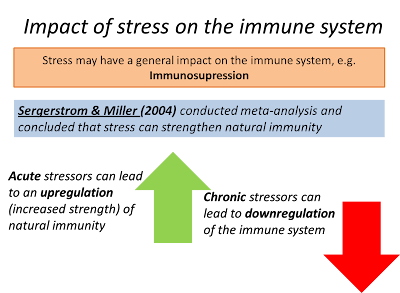As technology continues to evolve and play an integral role in our daily lives, it’s important to understand how stress can impact our immune system. In today’s fast-paced world, we are constantly bombarded with stimuli that can trigger stress responses in our bodies. This chronic stress can have a detrimental effect on our immune system, making us more susceptible to illness and disease.
The Connection Between Stress and the Immune System
When we experience stress, our bodies release hormones like cortisol and adrenaline, which are designed to help us deal with threats or challenges. While these hormones can be beneficial in the short term, prolonged stress can disrupt the balance of our immune system. Studies have shown that chronic stress can weaken the immune response, making it harder for our bodies to fight off infections.
The Impact of Technology on Stress Levels
In the digital age, technology has become an essential part of our lives. While it has many benefits, such as increased connectivity and convenience, it can also contribute to stress and anxiety. Constant notifications, emails, and social media updates can overwhelm our brains and make it difficult to relax and unwind. This constant state of stimulation can lead to chronic stress, which can take a toll on our immune system.
Strategies for Managing Stress in the Digital Age
Fortunately, there are steps you can take to reduce stress and support your immune system in today’s tech-driven world. Here are a few strategies to consider:
1. Limit screen time
Set boundaries around your use of technology, especially before bedtime. The blue light emitted from screens can disrupt your sleep and contribute to feelings of stress and anxiety.
2. Practice mindfulness
Take time each day to practice mindfulness techniques, such as deep breathing or meditation. These practices can help calm your mind and reduce stress levels.
3. Prioritize self-care
Make time for activities that help you relax and recharge, such as exercise, hobbies, or spending time with loved ones. Taking care of your physical and mental health is essential for supporting your immune system.
The Role of Nutrition in Supporting Your Immune System
In addition to managing stress, maintaining a healthy diet is crucial for supporting your immune system. Eating a balanced diet rich in fruits, vegetables, lean proteins, and whole grains can provide your body with the nutrients it needs to function optimally. Vitamin C, vitamin D, and zinc are particularly important for immune health.
Final Thoughts
In conclusion, the relationship between stress and the immune system is a complex one, especially in today’s tech-driven world. By taking steps to manage your stress levels, prioritize self-care, and support your immune system through nutrition, you can help protect your health and well-being. Remember, it’s important to listen to your body and give it the care and attention it deserves.
By making small changes and being mindful of your stress levels, you can better support your immune system and thrive in the fast-paced world of technology.

